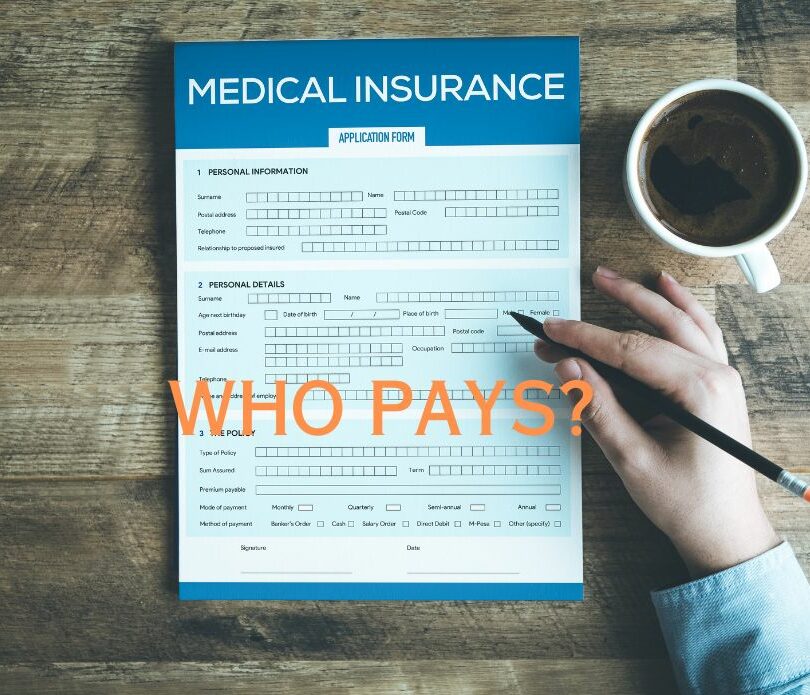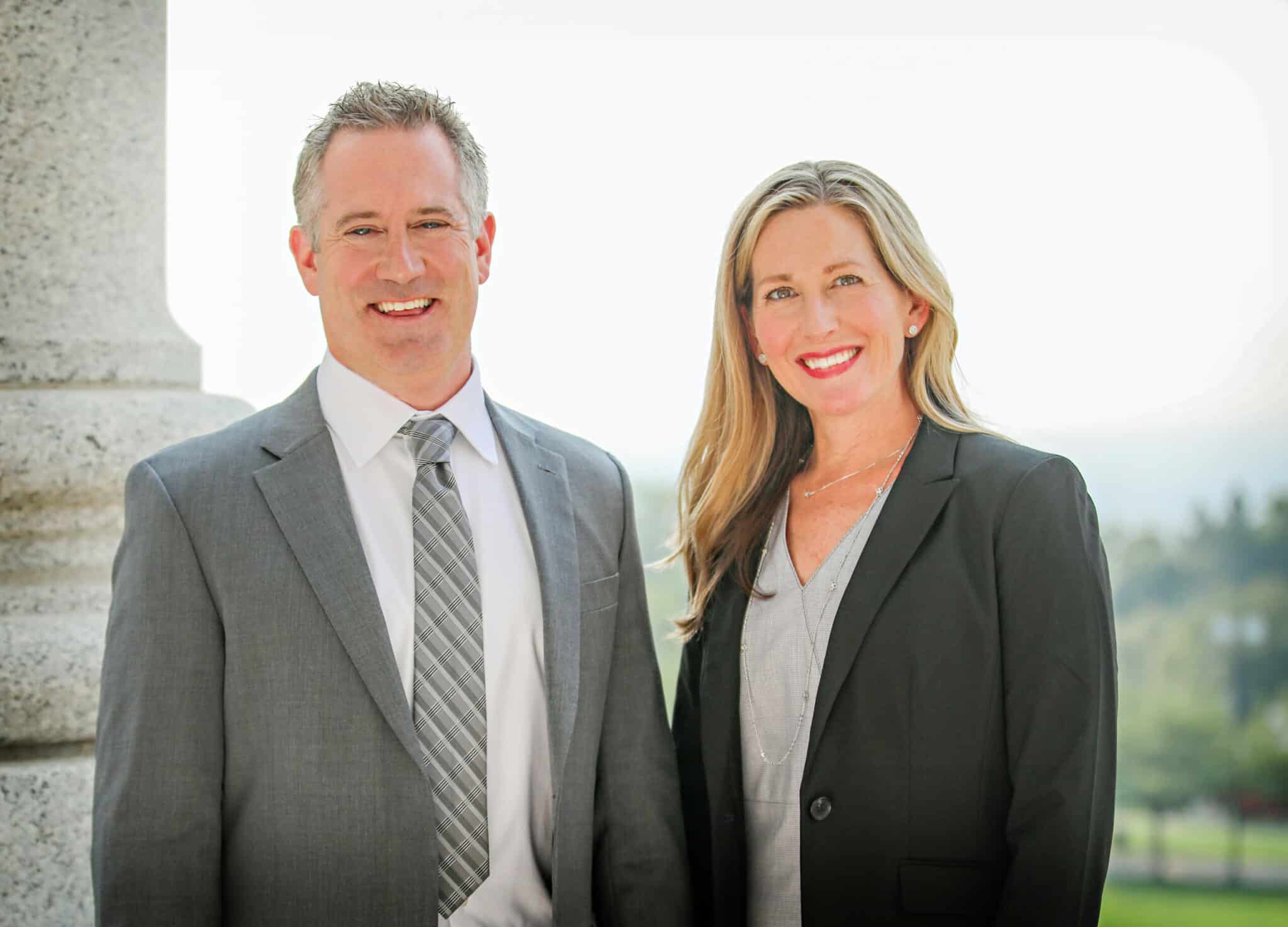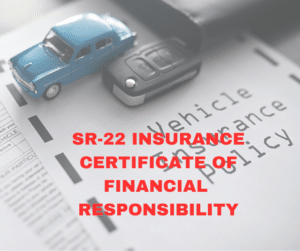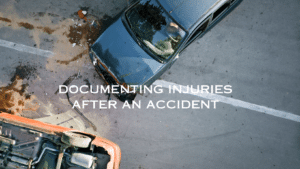Pedestrian accidents pose some different challenges as compared to auto accidents. The injuries are often more severe but there are also unique challenges with insurance. Typically, an injured pedestrian will have the added benefit of one additional insurance to use, assuming the at-fault driver has it.
Insurance – Who Goes First?
In an auto-pedestrian accident, where the driver is at-fault, the injured pedestrian can begin using the driver’s PIP policy (assuming the driver has PIP) to cover medical care.
This can be a little tricky if the PIP adjuster is difficult and/or orders an IME or Independent Medical Exam. There is some gamesmanship in PIP coverage and some insurance companies are known for to make the PIP process extra painful.
If the injured pedestrian also has PIP on the auto policy, she can submit a claim. However, don’t be surprised if your PIP adjuster is extra difficult. Again, certain insurance companies have a reputation for trying to pay very little out on PIP. Alternatively, some companies are quite easy to work with. If your company is being unreasonable, there are attorneys who specialize is bad faith insurance claims.

Do I Have To Use My Medical Insurance?
Yes. After PIP policies are exhausted, the injured pedestrian’s medial insurance will begin picking up the bills. If you do not have insurance, this can be a big problem.
Other than the PIP policy, the at-fault driver’s insurance will not be covering your medical bills during the treatment phase. This is because the company is waiting for a demand for settlement. At that time, they will analyze your type of treatment, length of treatment, response to treatment as well as other factors to determine if they are reimbursing all medical care.
Without a personal injury attorney, this phase can be brutal. Not only can the injured person end up without medical bills covered, the injured person may not realize how much they owe in subrogation to the insurance companies or medical providers since billing can be updated close to 12 months after service. It is not uncommon for a unrepresented person to settle a case by signing a Release and then, later, find out they owe more in medical bills than they were paid by the at-fault driver’s insurance company. Once you sign the Release, there is nothing you can do.
Order of Operations
One of the benefits of hiring a personal injury attorney is understanding the order in which medical bills must be submitted. Additionally, some insurance companies have a deadline in which you must notify them after an accident.
For example, many ERISA plans have a provision that states you must notify the insurance carrier (regardless of whether you are submitting medical bills at the time) within 30 days of the accident so they are on notice that there is a potential third-party injury claim pending. If you go past the 30 days and try to get medical care covered, the plan administrator can refuse to cover any care that is accident-related.
Additionally, if you have Medicare or Medicaid, you cannot use your benefits until you have exhausted all other plans such as Personal Injury Protection. If you start to submit bills to Medicare and later find out that the at-fault driver had PIP, all bills paid by Medicare must be reimbursed and the bills re-submitted to the PIP plan.
As you can see, this can get very confusing. You can get yourself into big trouble if you had Medicare or Medicaid cover your bills and never notified them of the third-party settlement. CMS can request funds to pay back all of the money they spent on your care. Again, if you signed a Release, you do not get to go back and ask for more money from the at-fault driver’s insurance company simply because you had to pay back your medical insurance company.
Get Experienced Advice Because You Are Held To That Standard
If you are unsure of how bills will get and how subrogation will work, you need to reach out to a personal injury attorney. You do not get to claim ignorance of the law and avoid paying back your medical balances. People are very confused about this process of subrogation and, frequently, end up in big trouble months or years after they settled a case on their own. Whether you are a lawyer or not, you are deemed to know the law if you handle your own case. If you were involved in an accident with serious injuries, be very careful about managing your own case. You can add to your financial injuries if you make a mistake.
If you were injured in an accident due to someone else’s negligence, reach out to our attorneys to see if we can help. We are here 7 days a week.

Get help now
Whether you choose to handle your case alone or engage the Witt Law Group, being informed and prepared is essential. Early involvement of an attorney can significantly impact your chances of a fair recovery, allowing you to focus on healing while we handle negotiations with insurance adjusters to secure fair compensation for your injuries.




